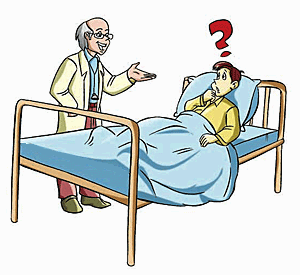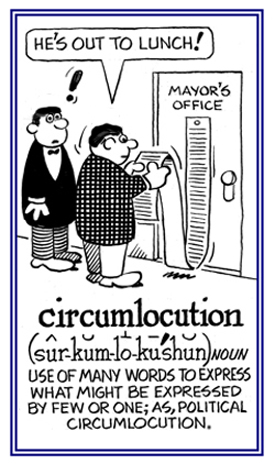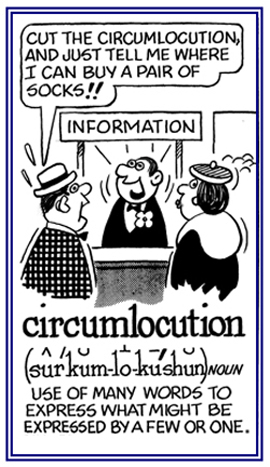-tion
(Latin: a suffix forming nouns from verbs of condition and action; an act or process: resumption, absorption; state or condition, redemption, exhaustion; something resulting from or otherwise related to an act or process, assumption, friction)
This unit is presenting a small fraction of the hundreds of words ending with the suffix of -tion; however, there is a significant number of words which may help everyone have a better understanding and appreciation of the use of this element.
Jim's parents gave their benediction to him by wishing him, from their hearts, that all would go well on his trip as a professional photographer in the center of a war zone.
2. Blessing carried into practical effect; kindly favor, grace: The local spiritual leader gave a benediction for the farmers in praise of their good crops.The pastor, Mr. Anderson, gave his benediction to the couple at the end of the wedding ceremony, wishing them contentment and prosperity in their future life together.
3. A prayer of sacred blessing, normally just before a church service ends: The minister, Mr. Drexler, concluded the church meeting with a prayer of benediction.4. An expression of good things desired, something that assures well-being and goodness: At the conclusion of the meeting of the committee members, the chairperson spoke a brief benediction, wishing everyone a safe summer holiday.
2. Translation of foreign dialogue for a movie or TV program; usually displayed at the bottom of the screen; such as, a printed explanation in a motion picture or on television; especially, a translation of dialogue accompanying a scene or an explanation preceding a scene.
3. To provide with a caption; for example, a photograph or a drawing.
4. A heading or subheading in a document or article.
5. An attachment to or heading of a legal document that identifies the circumstances of its production and the sources of its authority.
6. Etymology: from about A.D. 1384, "taking, seizure", from Old French capcion, from Latin capito; past participle of capere "to take".
Its more recent meanings evolved from headings of legal indictments involving seizure ("Certificate of caption"); then the meaning, "the beginning of a document" and "the heading of a chapter or section of an article" has evolved; especially, in the U.S., to "a description or title below an illustration".
2. An evasion in speech or writing instead of speaking or writing directly to the point: Mr. Hill, the principal, usually used indirect statements or circumlocutions when the teachers asked him specific questions about what to do in certain situations while teaching.
3. A roundabout or indirect way of expressing oneself: Mrs. Thompson told her student, “Now, no more circumlocution, let me know exactly what you want to tell me.”
4. A description of a person who is using long words; especially, when verbal construction utilizing less amplification might represent a more naturally efficacious phraseology: Billy's use of circumlocution lengthened his report to his teacher; however, it resulted in his having a lower grade.

Now, we are going to try vis medicatrix naturae* during your final days in the hospital.


Go to this Word A Day Revisited Index
so you can see more of Mickey Bach's cartoons.
2. An engraving or lettering around a coin, medal, etc.
2. The trait of being observant and prudent: "Circumspection was typical of Roger because he always thought through each situation before he decided to get involved with it."
3. The ability to know how to avoid embarrassment or distress by thinking about possible risks before doing or saying something: "A good turn of circumspection saved Heather from being embarrassed before she thanked the wrong person for the wonderful invitation that she received to attend the celebration of the international sports event."

A husband makes the supreme effort to avoid facing his wife after too much drinking and getting home long after he said he would.
2. An old term for "digestion".


